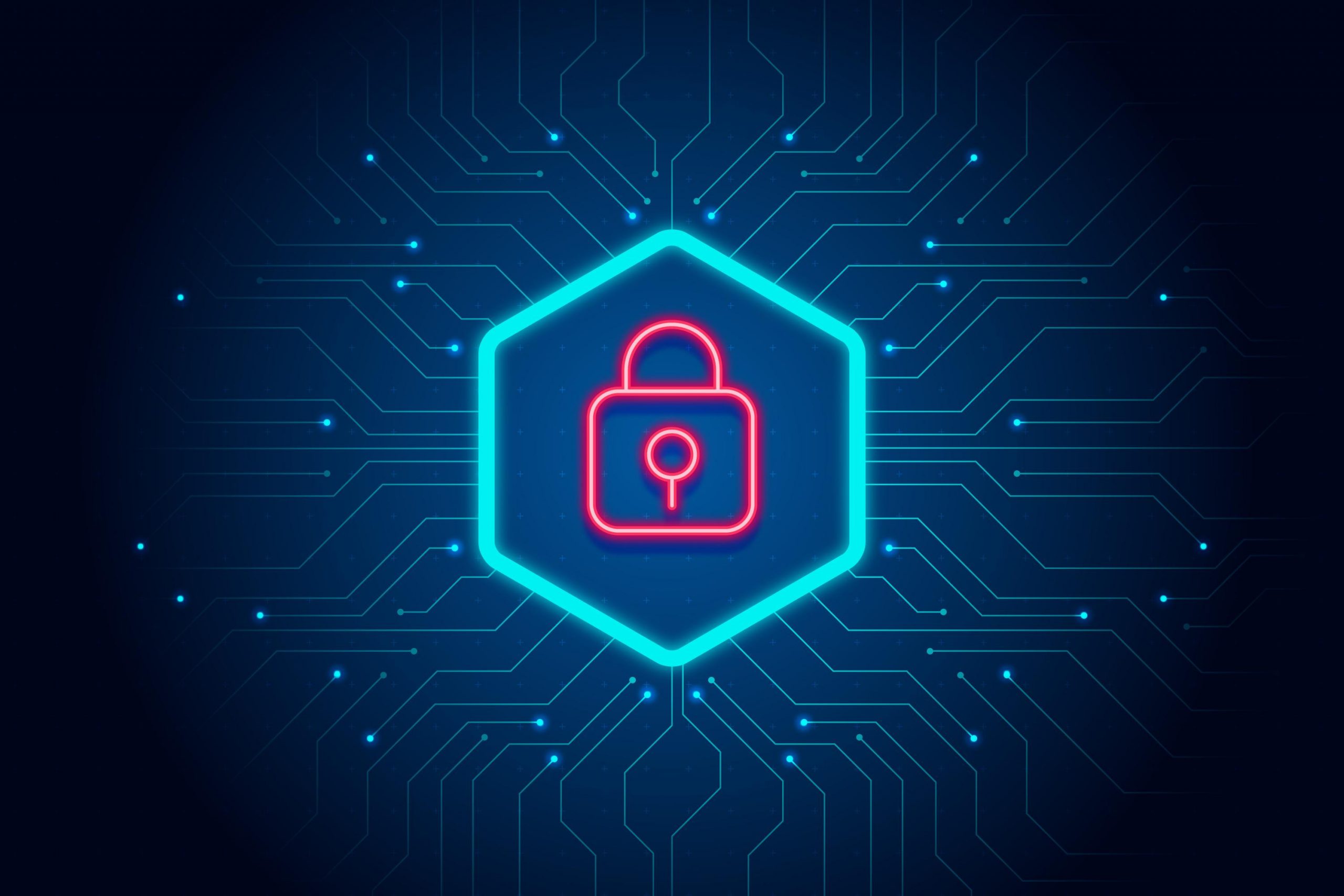Software security is an idea implemented to protect software against malicious attack and other hacker risks so that the software continues to function correctly under such potential risks. Security is necessary to provide integrity, authentication and availability
Various Types of Software Security are:
Cyber Security Solutions:
Security solutions for networks, servers, and applications against potential external security threats, including viruses, worms, and hackers.
Network Security Services: It includes security features such as multi factor authentication, One time password and SSH File Transfer Protocol (SFTP)
Business Security Services: security solutions facilitates scalability with dedicated servers for fast performance and reliability, and a private cloud for ultimate control.
Mobile Enterprise Security Solutions: Mobile security services which prevent fraud protection capabilities for mobile devices.
IT Security Services: IT security services and use technologies such as MyBatis (iBATIS), SiteMinder SSO, Auth0, and Armor (Firehost)
The only way to avoid various fraud attacks is to contact to a best cyber security software solutions provider who can deliver best System-level security using better firewalls
Proper software security helps detect security issues as well as, defend the application from any external vulnerabilities.
“Cyber security” is commonly linked to virus software which would not be needed to protect files on a web site if common sense is shown by the site developer in relation to user permissions and database write sanitization. As for site scraping, renaming the app/user-agent will foil most anti-scrape solutions. Once a page is downloaded to read online, it can be found in browser cache where most media and data grabbers work these days.
As an application that can keep your websites , web servers and web applications secure, and protect them from hacks and malware, the best Cyber security software can be described. Before they compromise the website, web servers, and apps, they must provide proactive defense and block threat actors and malicious attempts.
Website malware attacks have seen a sharp increase in recent years, capturing the immense attention of online users. The general term for several variants is malware, and almost all malware variants are used by hackers for malicious activities. The scanning website will search for malware on a website and expose the hidden malware.
Malware typically infects websites , web servers , and applications through phishing emails, malicious online advertisements containing payloads of malware, and downloads of software from untrusted sources.
A simple search shows the accessibility of hundreds of resources for “malware scanning.” And for malware removal, many of them charge a hefty sum. Although it is not a permanent solution to “removal.” You will still get hacked and affected by malware on your website. The infected website can bring a whole department to a grinding halt or the whole company.
So, what solution is there? Ensuring defense with Website Security Tools is the solution. And to protect your website, antivirus solutions are not the best solution.
The negative effects of malware affecting your website must first be known to you. In order to secure your website, this will help you pick the best website security.
- Malware-affected websites are blacklisted
- Your website is shut down by your hosting provider
- Search engines will show alerts about your website.
- Browsers view alerts about your website and stop users from accessing your website.
- Your website will slow down dramatically with malware
- Visitors to your website are routed to other (malicious) websites.
- Your site is going to succumb to DDoS attacks
- Your website will be used as part of a bot network for DDoS attacks,
- Check for these features in the Best Apps for Website Security
- Website protection tools must be able to block ANY form of attack on your website proactively.
- Malware and vulnerabilities must be regularly scanned for
- The website must be constantly monitored and informed of any security problems.
- It must avoid all hacking attempts and prevent vulnerabilities from being exploited.
- Malware infiltration must be avoided.
- Passwords, don’t forget!
- DDoS and brute force attacks must be thwarted.
- It must be able to detect zero-day flaws
Before the website is blacklisted, the website owner / webmaster must search for potential blacklisting symptoms and notify you-
It must include a Web Application Firewall ( WAF) to detect and philtre embedded malicious website code on all web servers.







Cookies In A Computer: How To Be Safe From Its Misuse in 2022 - Microdeft
[…] browsers. So, there is a high risk that it can track the user’s browsing history. Knowledge of cyber security can help you to be safe from this type of cyber […]